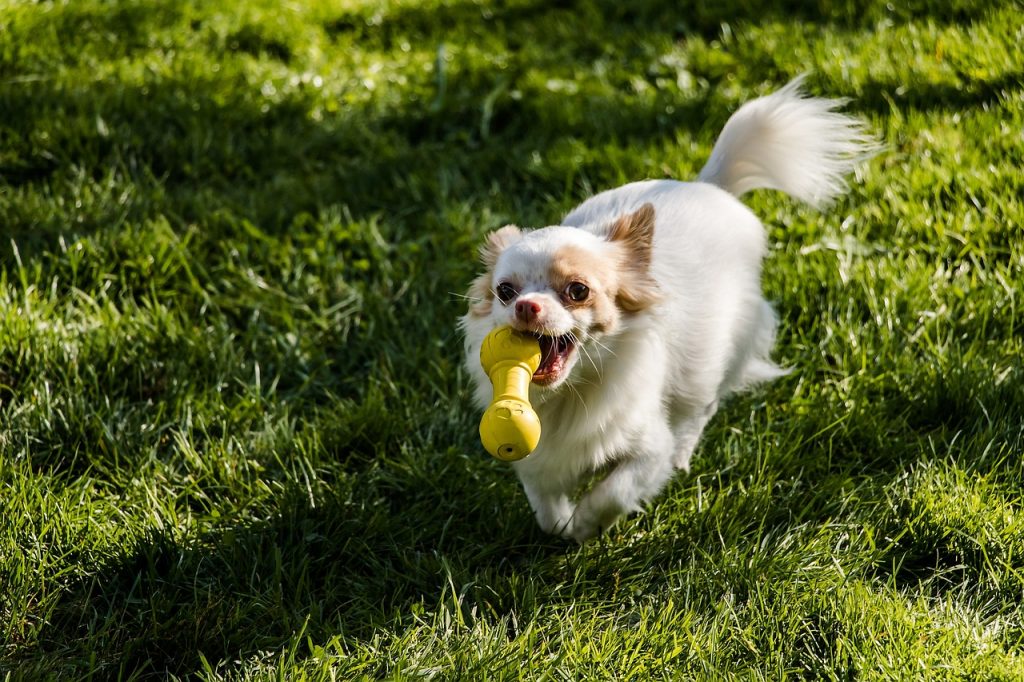
- Consistent routines are vital for a pet’s stability, happiness, and health, fostering predictability and security in the pet-owner relationship.
- Recognizing the need for routine changes is crucial, driven by lifestyle shifts, health concerns, or signs of pet boredom or stress.
- Introducing routine modifications gradually ensures a smooth transition, avoiding undue stress or confusion for the pet as it adapts to changes.
- Balancing structure with adaptability in pet routines helps manage unexpected situations without compromising the benefits of a consistent schedule.
- Strategic training programs and understanding pet behavior are essential in developing and adjusting routines and enhancing the pet-owner bond.
In pet care, consistency is not just a preference; it’s a requirement. From how you fill their bowl every morning to the regularity of their walks, routines offer a framework of predictability in an otherwise unpredictable world. This post explores the profound impact that routine can have on pet behavior, illuminating the science behind behavioral conditioning, the benefits of structured daily activities, and how to successfully integrate and adjust these routines to foster a happy, healthy relationship between you and your furry friend.
Understanding Pet Behavior and the Need for Routine

Pets, much like humans, are creatures of habit. Their behavioral patterns and emotional well-being are significantly shaped by the regularity and predictability of their daily lives. Routine provides pets with a sense of security and stability, mitigating stress and anxiety from unexpected changes and environments. Understanding the psychological underpinnings of pet behavior and routine’s crucial role in their life is essential for any pet owner. This section delves into the importance of establishing a consistent schedule, the impact of routine on pet behavior, and how it aids in creating a harmonious environment for pets to thrive.
The Basics of Pet Psychology
Pets, like their human companions, thrive in a predictable and secure environment. Although their perception of time may differ from ours, they are remarkably adept at picking up cues from their environment, leading to anticipation of what’s next in their day. A consistent routine helps minimize stress and anxiety by giving pets a sense of security and control over their environment.
Types and Benefits of Routines for Pets
- Feeding Routines: Regular feeding times help regulate a pet’s digestive system and manage its energy levels throughout the day.
- Exercise Routines: Consistent exercise is crucial for a pet’s physical health and helps reduce behavioral issues like hyperactivity and aggression.
- Training Routines: Integrating a structured dog training program can significantly enhance a pet’s obedience and discipline, stabilizing its behavior.
- Sleep Routines: Just like humans, pets need a consistent sleep schedule for their mental and physical health.
The Science Behind Routine and Behavioral Conditioning
Consistent routines reinforce behavior conditioning in pets, helping them learn what is expected of them and when. This predictability in their daily lives aids in reducing anxiety-induced behaviors and establishes a peaceful, orderly household. A dog training program, for example, relies heavily on routine to teach dogs discipline and obedience, proving the efficacy of routine in behavioral conditioning.
Establishing and Maintaining Healthy Routines
Establishing and maintaining healthy routines for pets is beneficial and essential for their well-being. Just as humans thrive on a structured day, our furry or feathered companions benefit greatly from a consistent schedule. From feeding to playtime and training to bedtime, a well-thought-out routine can significantly impact a pet’s physical health, emotional stability, and behavior. This section will explore the key steps to creating effective and nurturing pet routines, ensuring they lead happy, healthy lives.
Creating a Balanced Routine for Your Pet
Developing a routine that caters to your pet’s needs involves understanding its unique dietary, exercise, and rest requirements. It’s important to balance incorporating all aspects of their well-being while being mindful of breed-specific needs.
Challenges in Establishing a Routine and How to Overcome Them
One of pet owners’ most common obstacles is maintaining consistency amidst a busy schedule. Strategies to overcome these challenges include:
- Setting alarms for feeding and exercise times.
- Incorporating pet care activities into your daily routine.
- Possibly enlisting the help of a professional dog trainer or pet sitter.
The Role of Routine in Training Programs
Incorporating routines into training programs can dramatically improve their effectiveness. Consistency in commands, rewards, and corrections helps pets understand and adhere to expected behaviors, making the training program more successful.
The Positive Effects of Routine on Pet Behavior

Routines are immensely powerful tools for shaping and improving pet behavior. A consistent daily routine provides your pet with a sense of security and helps mitigate stress and anxiety. This segment will highlight the vital role that structured routines play in promoting well-behaved and emotionally balanced pets. By understanding how regular schedules influence behavior, pet owners can harness the benefits of routine to foster a more harmonious and understanding relationship with their furry or feathered friends.
Improvements in Behavioral Problems
A structured routine can alleviate many common behavioral issues in pets, such as separation anxiety, aggression, and unexpected destructiveness. It provides a structured framework that reduces stress and anxiety, leading to a calmer demeanor.
Strengthening the Pet-Owner Bond
Regular, predictable interactions through feeding, play, and exercise assist in behavioral conditioning and strengthen the emotional bond between a pet and its owner. This bond is fundamental to the pet’s overall well-being and behavior.
Adjusting Routines: Flexibility and Change
While establishing a consistent routine is crucial for the well-being and behavior of pets, it is equally important for pet owners to incorporate a degree of flexibility within these routines. Life is unpredictable, and situations may arise that necessitate a temporary or permanent change in the daily schedule.
This segment explores the importance of balancing structure with adaptability, providing tips on gradually introducing changes without causing undue stress to your pet. Understanding how to adjust routines to maintain the benefits of consistency while adapting to new circumstances is essential for ensuring the continued happiness and stability of both the pet and the owner.
When to Modify Your Pet’s Routine
Changes in lifestyle, health, or the home environment may necessitate adjustments in your pet’s routine. Recognizing signs of boredom or stress in your pet can indicate that a routine change is needed.
How to Safely Introduce Changes in Routine
Introducing changes gradually and consistently can help mitigate any confusion or stress for your pet. For significant changes, such as feeding or exercise schedules, incremental adjustments can help ease the transition.
Closing Thoughts
A consistent routine is paramount in fostering a stable, happy, healthy pet life. By understanding the science behind pet behavior, integrating strategic training programs, and maintaining a flexible approach to routine adjustments, pet owners can significantly improve their pets’ behavioral issues and strengthen their bond. Ultimately, the heart of a great pet-owner relationship lies in the predictability and security that a well-maintained routine provides.




